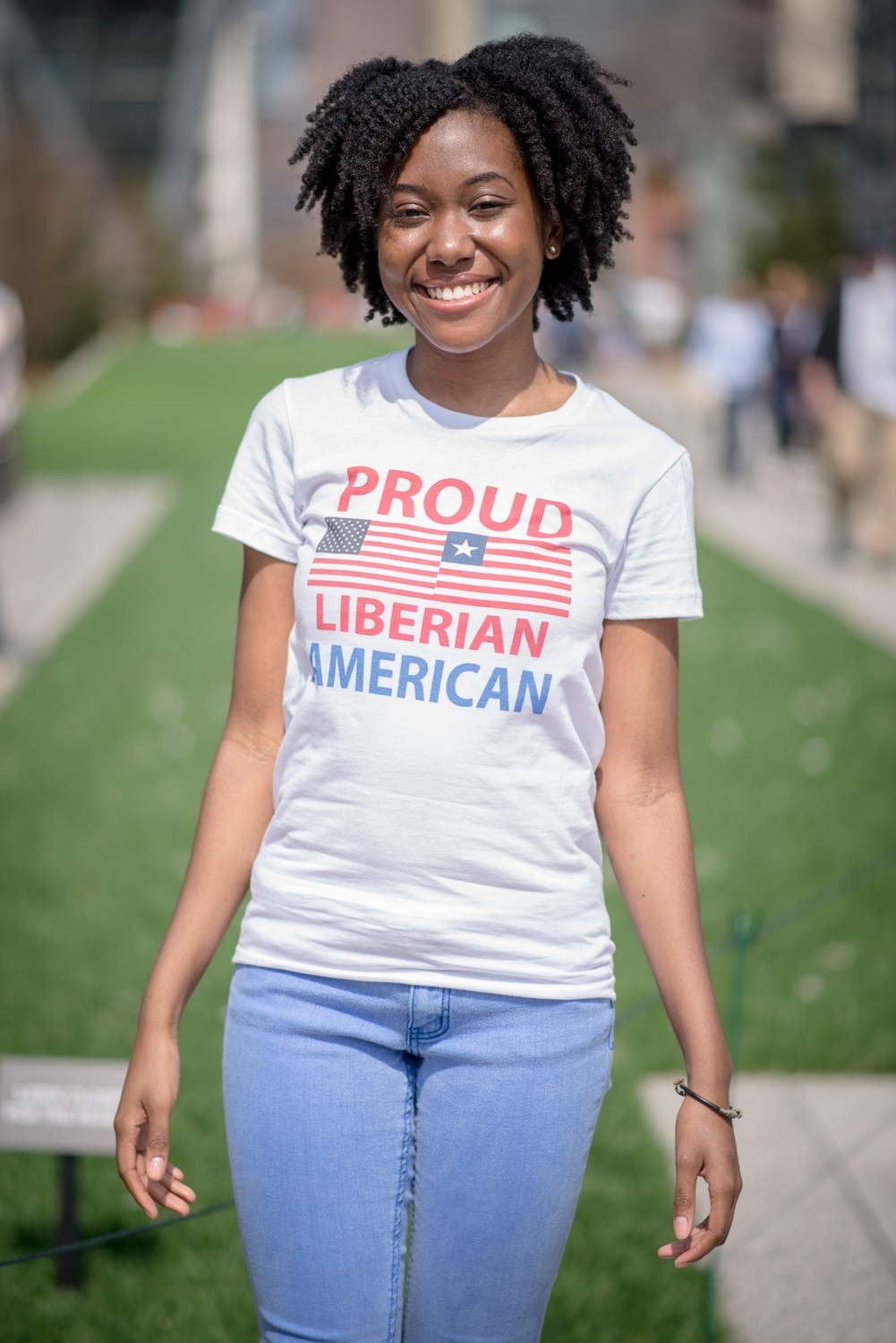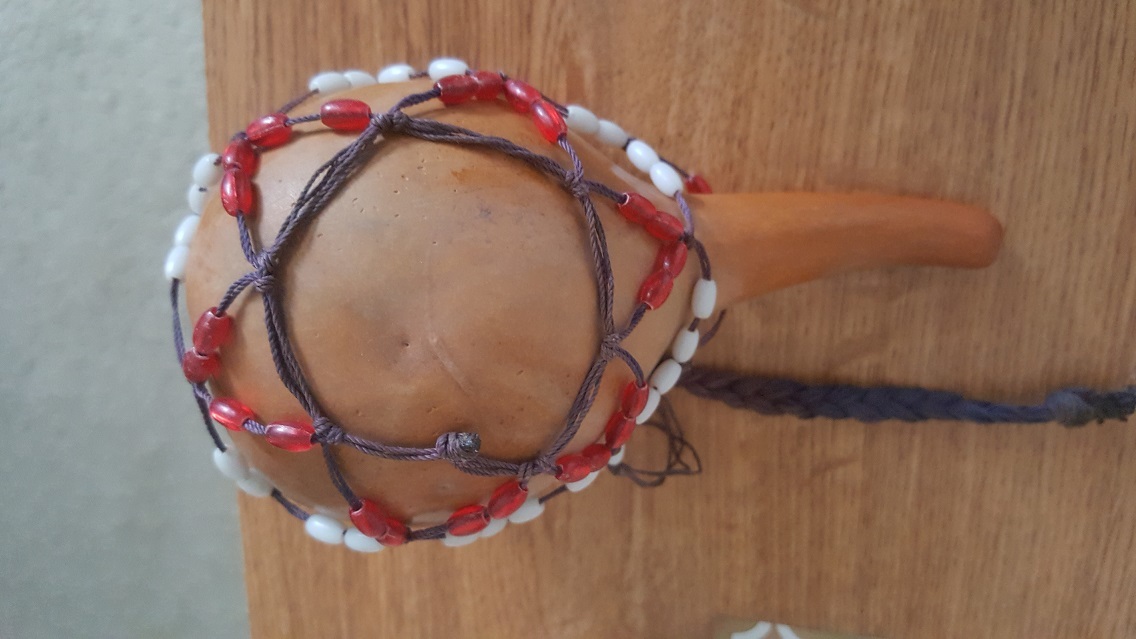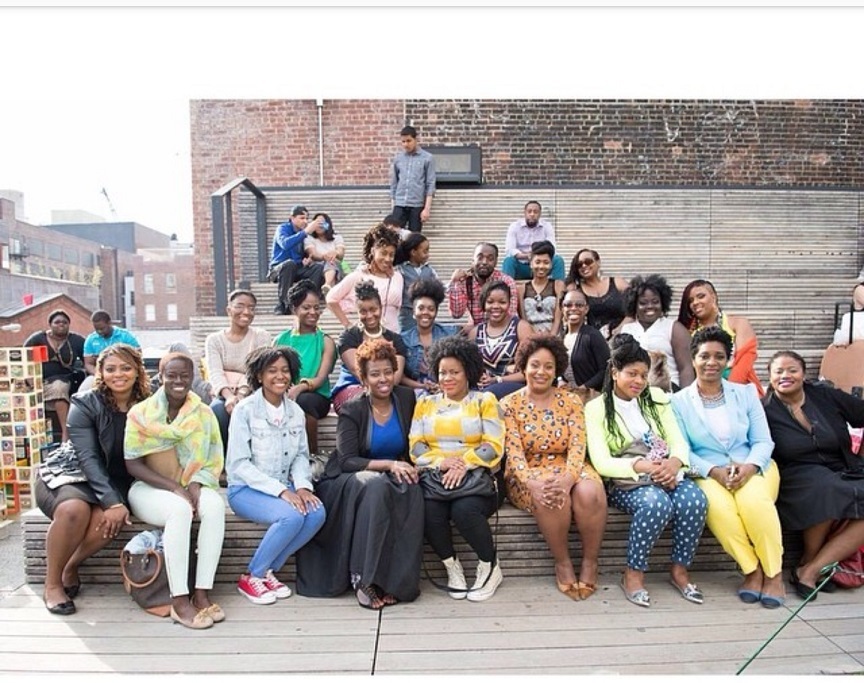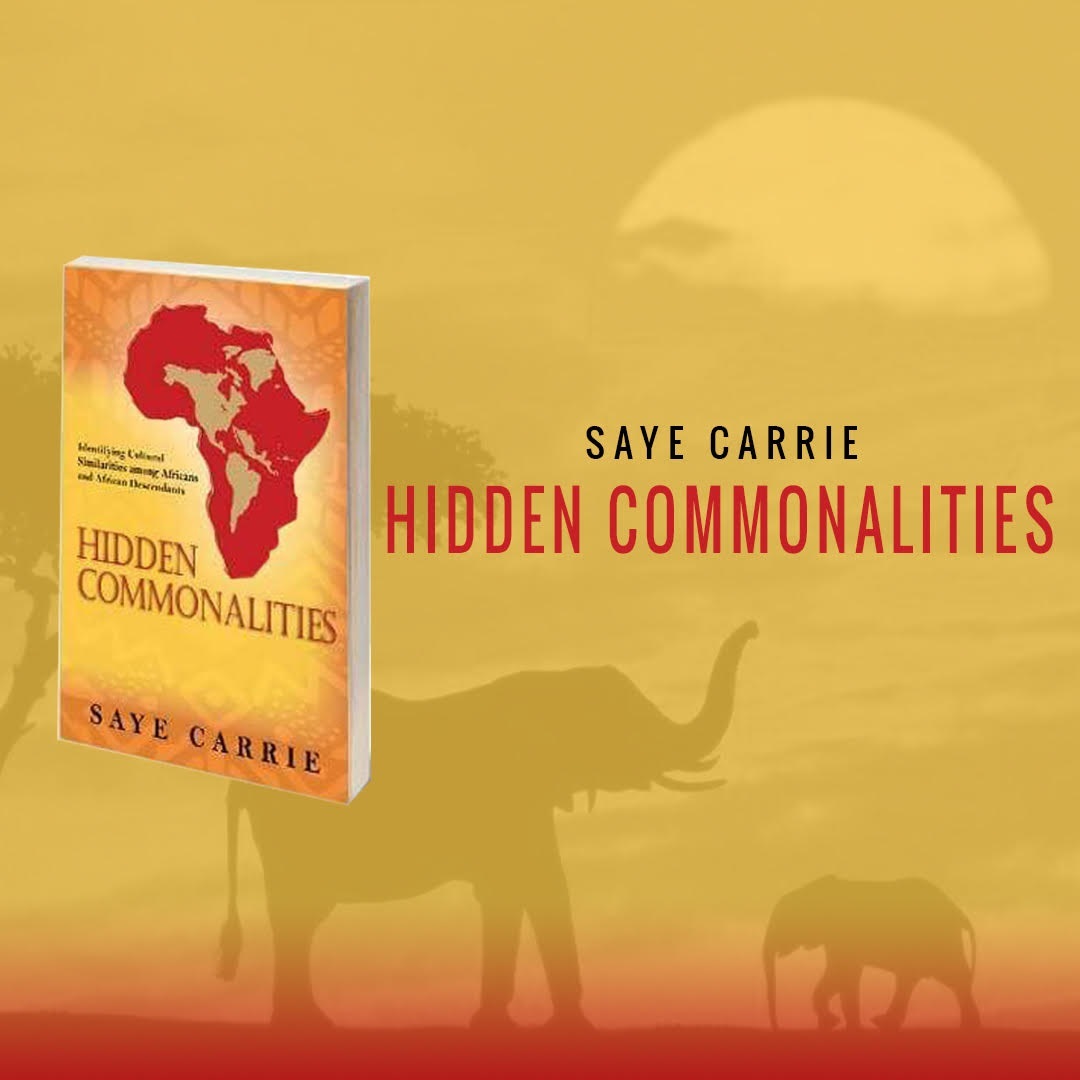Cultural appropriation. Defined as “the act of taking or using things from a culture that is not your own, especially without showing that you understand or respect the culture.” Over the years, this conversation has been dominated by the narrative of White people appropriating the culture of various marginalized groups.
However, another debate around cultural appropriation exists within the black community. Can African Americans appropriate African people’s culture? You’re sure to find supporters of both sides of the argument, so I sat down with Saye Carrie, author of Hidden Commonalities: Identifying Cultural Similarities Among Africans and African Descendants, to delve further into the topic.
Saye was born in Far Rockaway, Queens, New York but has also lived in Pennsylvania, New Jersey, and North Carolina throughout her life. Her parents and grandparents were born in Liberia and immigrated to the US, making Saye a first-generation Liberian American. She is currently pursuing a Master’s in Social Science. Her studies focus on diversity, social justice, African and African Diaspora studies, and Black/African natural hair.

IN THE PHOTO: Author Saye Carrie showing pride for being an American born Liberian and Black/African natural hair. PHOTO CREDIT: island Boi Photography| Joey Rosado
I began the interview with Saye by asking her if she thought African Americans could appropriate African culture. I was met with a resounding “no,” as she explained her answer further. (Please note, the use of the term African is not meant to encompass every African’s experience as we recognize Africa is a continent with many different countries and cultures).
“African Americans, Afro Caribbeans, Afro Latinx, or any African descendant CAN NOT appropriate African culture. How can African Diasporans appropriate African culture, when in fact it is their culture also? Unfortunately, due to the Transatlantic Slave Trade, many enslaved Africans and their descendants had the African culture stripped away from them. At times many African customs were prohibited on plantations. Despite the prohibition of African culture, some enslaved Africans and their descendants preserved it.”
Related Article: TACKLING SYSTEMIC RACISM AND BIAS THROUGH EMPATHY by Mary Brodie
The African Diaspora refers to Africans who live abroad (outside their ancestral continent) mainly in Asia, Europe, the Middle East, the Americas, and other locations around the globe. It has also been historically used to describe the dispersion of Africans during the Transatlantic Slave Trades, from the 1500s to the 1800s. Saye suggests that the debate surrounding African Americans appropriating African culture stems from tension between the groups dating all the way back to the 1980s.
“Back in the 1980s, 1990s, and even in the early 2000s, the continent of Africa was not considered popular. The media always showed a negative depiction of Africa. Due to miseducation and the media, some African Diasporans didn’t always want to identify with the motherland. Some Africans argued that they were teased by African Diasporans. However, at the same time, Africans stereotyped African Diasporans especially African (Black) Americans. In this present day many African Diasporans (African Americans) are learning about their African roots and embracing it.”
IN THE PHOTO: West African “SaaSaa” or “Chequere” (Shekere) percussion instrument. that is used by being shaken and/or hit against the hands. It consists of dried gourd with beads, seeds, or cowrie shells. Often used in folkloric traditions as well as some popular music styles. PHOTO COURTESY: Saye Carrie
As Saye notes, the debate in the black community regarding cultural appropriation is rooted in a misrepresentation of African and African Americans. One only has to turn on the television to see a news story of an African American being portrayed negatively or a commercial depicting the continent of Africa as primitive and consumed by poverty. These inaccurate representations of both African Americans and Africans has led to a cultural divide within the black community. The irony of the division is both groups have a common enemy in white supremacy, which is the actual creator of the division.
In her book, Hidden Commonalities, Saye explores the connection between Africans and African Diasporans through Pan Africanism ( the idea that people of African descent have the same interests and should be unified) to combat the division between the two groups.

IN THE PHOTO: Naturals in the Park in NYC to capture the beauty of African and African Diaspora people. PHOTO CREDIT: island Boi Photography| Joey Rosado
While the topic of cultural appropriation may invite debate in the black community, the similarities Africans and African Diasporans share are also worth noting. “A few things Africans and African Diasporans are united in are homophobia, transphobia, and misunderstanding mental illnesses.”
Black people in the United States tend to be one of the most religious groups, so the issues mentioned above are not unexpected. It should also be noted that the Black community is no more homophobic or transphobic than any other group of people. While the black community tends to be progressive on social issues regarding race, there tends to be a more conservative view on issues involving women and/or LGBTQ individuals. Culturally, LGBTQ issues are often seen as a “white man’s” issue, given the exclusion of Black LGBTQ’s narratives in the movement.
The misunderstanding of mental illnesses within the Black community stems from a few places. As was just mentioned, religiosity is extremely important within the black community. It is often seen as the basis for morality, strength, and support. It is not uncommon to hear the phrase “just pray about it” in place of seeking mental health care. While spirituality can be useful in the treatment of mental health issues, it has also been a source for stigmatization of the same issues. Mental health has not been a priority for our nation as a whole, so there remains a lack of education and access to mental health resources. When you add in the distrust of a medical system that has oppressed Black people since its inception, it’s really no surprise that mental health would be a problem within a community that is consistently traumatized.
Related article: IMMORTAL CELLS OR IMMORAL SALES? WHAT HENRIETTA LACKS LEFT BEHIND… by LaToya Dixon
The debate of cultural appropriation between Africans and members of the African Diaspora could also be viewed as a result of generational trauma. Colonialism affected (and is still affecting) all members of the the African Diaspora. The idea that African Americans could take from cultures they belong to could only exist if there was a deep fracture within the community.
The legacy of colonialism, slavery, and white supremacy has left a division in the black community that many, such as Saye, are working to bridge. The path forward appears very simple; instead of weaponizing our differences we should be embracing them for a more inclusive community (and society). While we cannot change our pasts, we can all learn from them to build a better future.
If you’re interested in reading Saye’s book, you can find it on Amazon or her website: www.SayeCarrie.com
EDITOR’S NOTE: THE OPINIONS EXPRESSED HERE BY IMPAKTER.COM COLUMNISTS ARE THEIR OWN, NOT THOSE OF IMPAKTER.COM. FEATURED PHOTO COURTESY: Saye Carrie










